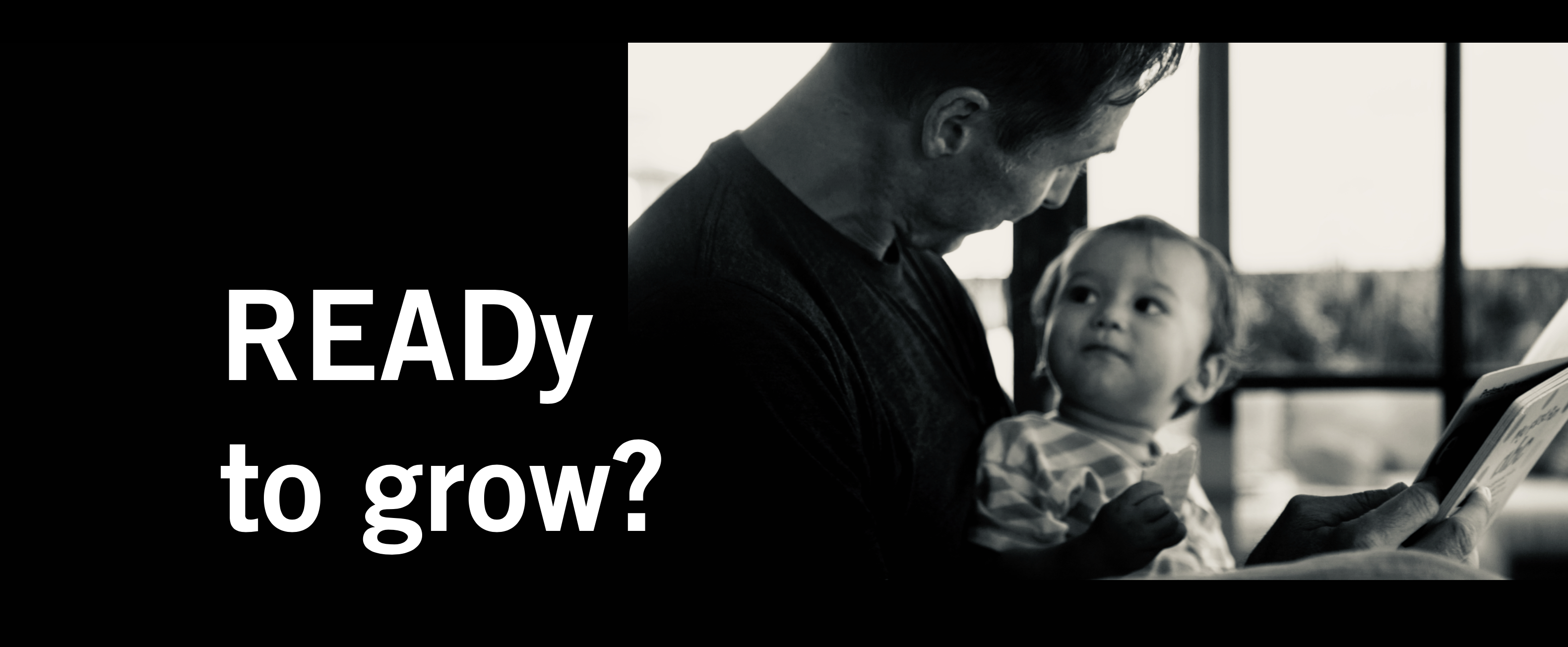At the Steve Nash Foundation, we believe that anti-racist work is critical to moving public health, and the health of all children, forward. Anti-racism efforts recognize racism as behaviors and systemic racism as the building and maintenance of infrastructures that support those behaviors. Anti-racism efforts therefore prioritize the importance of understanding how those systems and practices came to be, seek to examine them so as to elucidate patterns and foundations, and actively participate in both dismantling them, and preventing their future replication. Social emotional learning (SEL) helps this work.

